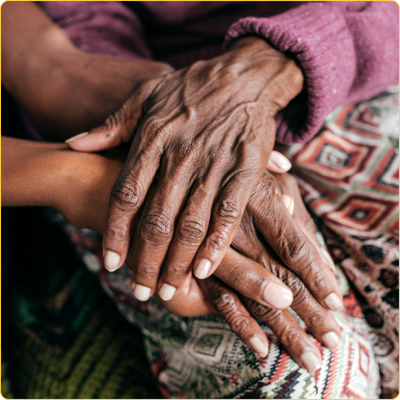Patient and Family Resources for Dementia and other Memory-Loss Diseases


Dementia and other memory-loss diseases bear heavy burdens on patients and their family members. Patients with dementia often present with other issues regarding memory, thinking, or behavior, and all these symptoms require support systems and services. The good news is that many resources and forms of care assistance are available to help patients and their families navigate life with a memory-loss disease.
Many people specialize in helping patients and their families get connected with helpful resources and information. While family members and friends are often the first to step in to help, it is important to remember the limits of those involved in everyone’s individual situation. Families are encouraged to consider additional partners in care, and to introduce those partners early on so they can become a trusted ally as the family encounters new challenges and difficult questions. Members of this trusted team may include:
We know selecting or changing your clinician is an important decision. That’s why our caring team members are available to answer all your questions and help you every step of the way, and that includes helping you transition your medical records if they’re with another doctor. It’s that easy!